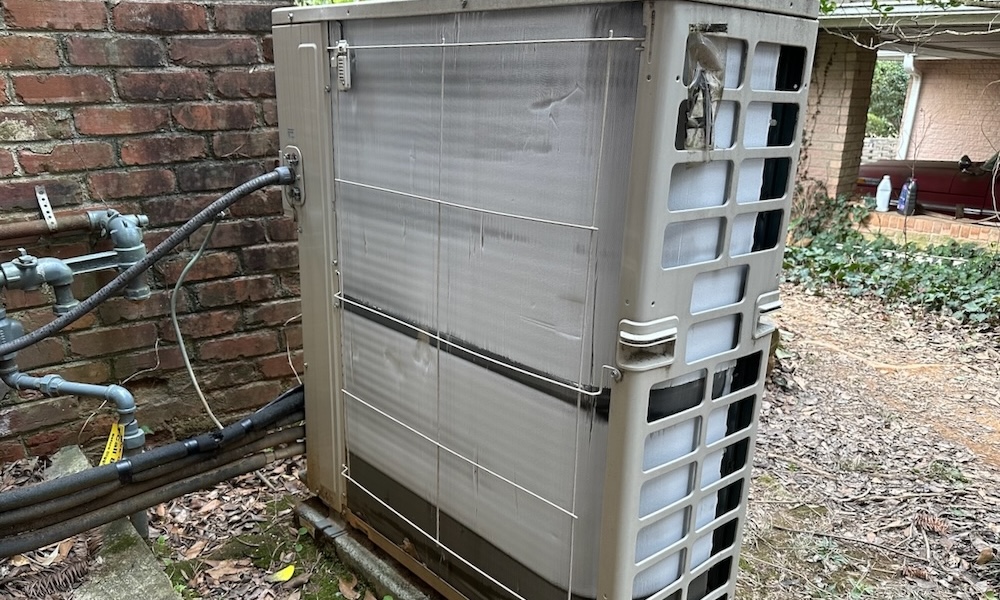Heat pumps are emerging as one of the most practical and energy-efficient solutions for heating homes and businesses. By leveraging the principles of thermodynamics, they offer a versatile and sustainable way to provide warmth in a variety of climates. Unlike traditional heating systems that rely on burning fuel or converting electricity into heat, heat pumps transfer thermal energy from one place to another, making them much more efficient. They work by extracting heat from the air, ground, or water, and transferring it indoors, even in colder weather, though their efficiency can improve with mild temperatures. The main advantage of heat pumps lies in their high efficiency. For every unit of electricity consumed, a heat pump can transfer several units of heat, which makes them far more efficient than traditional electric heaters or gas boilers. This efficiency translates to lower energy bills and a smaller carbon footprint, which is a critical consideration for both homeowners and businesses looking to reduce their environmental impact. In regions with mild to moderate winters, heat pumps are particularly advantageous because they can operate effectively throughout the year, providing both heating in winter and cooling in summer.

Another key benefit of heat pump is their ability to integrate with renewable energy sources. When paired with solar panels, for example, heat pumps can draw on solar energy to operate, creating a nearly self-sufficient heating and cooling system that is both economical and environmentally friendly. The combined use of solar power and a heat pump system significantly reduces reliance on fossil fuels, making this an ideal solution for those looking to transition to greener alternatives. Despite their many benefits, heat pumps are not a one-size-fits-all solution. In very cold climates, their efficiency can decline because the temperature differential between the indoor and outdoor environment becomes too great for the heat pump to transfer heat effectively. However, advancements in technology have led to the development of cold-climate heat pumps, which are designed to perform efficiently even in subzero temperatures. These models use advanced compressors and refrigerants that maintain heat transfer capabilities in colder weather, making them a viable option for a broader range of geographical locations.
Maintenance is another consideration. Heat pumps Jnod generally require less maintenance than traditional heating systems, but they still need regular servicing to ensure optimal performance. Cleaning filters, checking refrigerant levels, and ensuring the outdoor unit remains free of obstructions are all simple tasks that can extend the lifespan of the system and keep it running efficiently. In conclusion, heat pumps are a practical, cost-effective, and environmentally friendly solution for heating. With continued technological improvements, they are becoming an increasingly viable option for homeowners and businesses alike, offering reliable performance and energy savings throughout the year. As more people seek sustainable alternatives to traditional heating methods, heat pumps are poised to play a key role in the future of energy-efficient heating solutions.